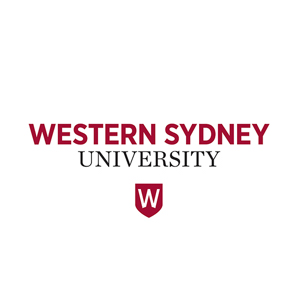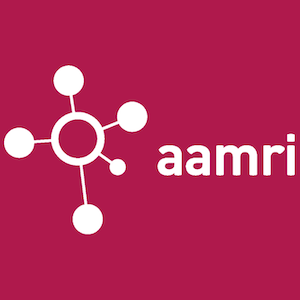Western Sydney University is partnering with The newDemocracy Foundation to run a world-first students’ assembly that openly shares the problem of student representation with students themselves. This project announces WSU as a leader in democratic innovation and student politics, setting the standard for Australian universities and drawing the focus of inspiration for an international audience.
The assembly will feature 32 students chosen through a democratic lottery and tasked with providing recommendations they find agreement on to answer the question:
How should students have a voice at Western Sydney University?
Students will meet four times over a semester to learn, deliberate and find common ground around innovative approaches to student representation at the University.
The project draws from the growing international and domestic momentum behind citizens’ assemblies and their ability to facilitate a representative mix of everyday people finding common ground solutions to difficult problems.
All universities in Australia struggle with student engagement. Western Sydney University (WSU) is no exception. Students are in a busy and sometimes transitional period of their lives that reasonably places extra-curricular university responsibilities below work, study, and social past-times. Efforts to account for this and rethink student representation are a recurring challenge with solutions traditionally drawing inspiration from existing political institutions. These challenges are an opportunity that WSU can leverage to play a leading role in developing innovative representative models.
At present, participation in student unions and academic governance isn’t shared equally across the student population. Many students are unable or unwilling to participate in these non-academic activities. This ensures that participation in student politics is restricted to the cohort of politically active and ambitious students, creating an institutional culture that reinforces the disconnect between everyday student life and student politics.
Student representation should reflect the lifestyles and needs of all students. There is no singular way to design this institutional model, only one that a representative mix of students from all campuses, degrees, university experiences can find agreement on when given the right time and incentives to address the challenge together.
We know that elections are not good at predicting which students will be good in leadership and advisory roles, nor are they sufficient at engaging a diversity of students impacted by their decisions. Student representation needs to be more than a training ground for future Members of Parliament, and if not, then it must be a better training ground.
The lack of diversity in Australia’s parliaments is often attributed to this pipeline that produces politicians from students. It results in half the federal parliament made up of people from legal, political consulting, party, or union backgrounds.
WSU can lead the way in addressing the culture of student politics and the exclusiveness of its electoral systems by rethinking student representation through a trial of democratic innovation to design a new model for student governance. This would place WSU as a global leader building on methodological endorsements from the OECD and United Nations Democracy Fund.
WSU will choose 32 students through a democratic lottery and give them the right time (4 days over the course of a semester), information and incentives to work together and find common ground around recommendations for how students at WSU should be democratically represented in the future.
This will give students a chance to experience innovations in democracy at a time in their lives when they are becoming civic actors. The process will equip a randomly selected group with a new range of skills for youth leadership, helping position WSU at the forefront of other universities nationally on the topic of democratic leadership and student empowerment.
Resources:
- Process Design – produced by newDemocracy
- Information Pack – produced by WSU




